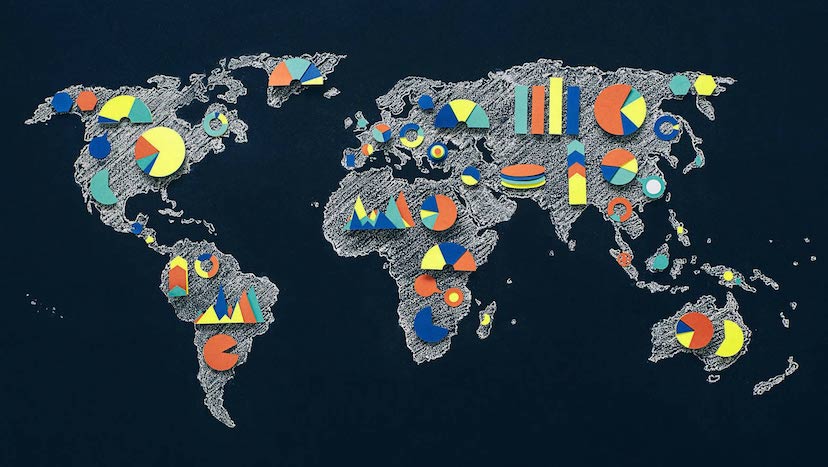EU Makes Moves to Defend Its Economic Interests
European Commission Looks to Correct Market Distortions
The European Union’s executive body, known as the European Commission, will implement restrictions on foreign companies in an attempt to correct market distortions resulting from foreign firms with state subsidies. The Commission is proposing measures to prevent foreign companies that have received a large amount of financial aid from buying up European companies or contending with them for certain EU contracts.
The pandemic revealed Europe’s heavy reliance on Chinese imports—especially when it comes to medical supplies. European countries scrambled to find masks and other equipment during the spread of coronavirus. Some countries even banned the exportation of supplies in order to keep their own hospitals stocked. In the wake of this crisis, the EU is revisiting their investment policies and thinking about how to become less reliant on foreign firms.
Chinese Companies Could Be Impacted
The restrictions were proposed as European countries such as Italy, France, and Germany took steps to protect their companies from damage related to the pandemic. The measures could impact US firms but would probably have more substantial implications for state-owned Chinese companies.
On Monday, the European Commission put a punitive tariff on some Chinese exporters based outside of mainland China. It was discovered that two Egyptian glass-fiber producers received state subsidies with intentions of underbidding European competitors. Despite the tariff, EU officials claim the new measures don’t specifically target China.
New Proposal Contains Penalties, State Aid Reporting, Regulatory Gap
The new proposals outline the possibility of the European Commission working with authorities to examine foreign companies that could be distorting the market. If distortions are found, companies could be ordered to sell assets, repay all subsidies, or provide access to licensed technology.
The proposals would also make it so companies which received any state aid from outside of the EU within three years before an acquisition would be required to pass that information along to the European Commission. Though these proposals have not yet been put in place, they would impact relationships between the EU and many companies around the world.
Please understand that this information provided is general in nature and shouldn’t be construed as a recommendation or solicitation of any products offered by SoFi’s affiliates and subsidiaries. In addition, this information is by no means meant to provide investment or financial advice, nor is it intended to serve as the basis for any investment decision or recommendation to buy or sell any asset. Keep in mind that investing involves risk, and past performance of an asset never guarantees future results or returns. It’s important for investors to consider their specific financial needs, goals, and risk profile before making an investment decision.
The information and analysis provided through hyperlinks to third party websites, while believed to be accurate, cannot be guaranteed by SoFi. These links are provided for informational purposes and should not be viewed as an endorsement. No brands or products mentioned are affiliated with SoFi, nor do they endorse or sponsor this content.
Communication of SoFi Wealth LLC an SEC Registered Investment Advisor
SoFi isn’t recommending and is not affiliated with the brands or companies displayed. Brands displayed neither endorse or sponsor this article. Third party trademarks and service marks referenced are property of their respective owners.
SOSS61803



